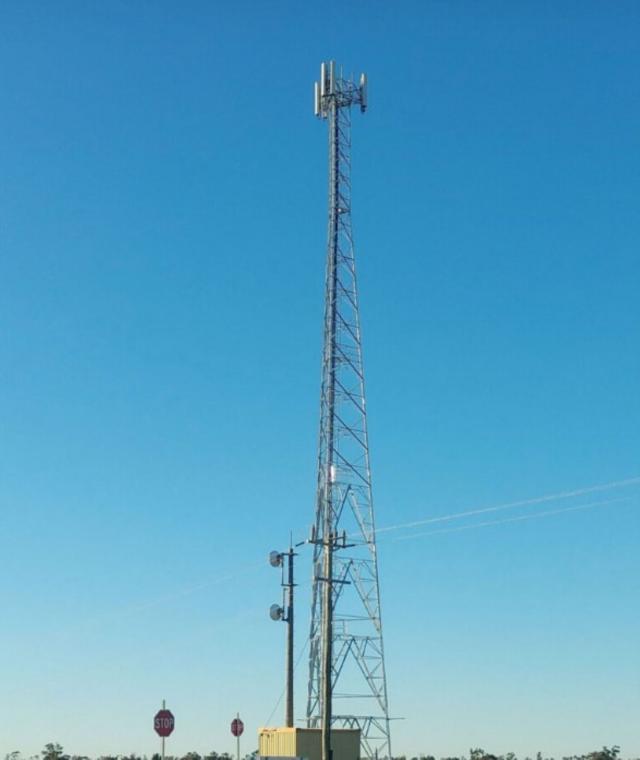Regional connectivity, or a lack thereof, is becoming a nation-wide problem that only seems to be getting worse, not better.
The National Farmers’ Federation and regional, rural and remote communities around the country welcomed the Regional Telecommunications Independent Review Committee (RTIRC) 2024 report and is calling for urgent action to address connectivity gaps at a time when frustrations at a high.
NFF President David Jochinke said community engagement with rural advocacy bodies to discuss connectivity problems has more than tripled this year.
“Frustration over rural connectivity is at boiling point, and the four-fold increase in engagement in the 2024 review proves that,” Mr Jochinke said.
“Systemic frustration with connectivity in rural areas has blown up following the 3G network shutdown.
“It’s the perfect storm for farmers at the moment – navigating mobile blackspots, changes to service quality and the loss of some coverage which wasn’t guaranteed post 3G shutdown while managing harvest logistics and bushfire season.”
The NFF is calling on the major providers to step up their efforts to address coverage concerns, but acknowledge they can’t act on problems if they aren’t reported.
“This is a two-way street. It’s on farmers to bring issues to the providers’ attention. But equally we are calling on the major providers to step up – get out in these communities and be proactive. We need to know that if farmers go out of their way to raise issues, they will get a timely explanation,” Mr Jochinke said.
Local farmer Luke Murphy said internet and cell connection has plummeted on his family property north of Goondiwindi.
“Until recently we have always had decent cell coverage. There is a cell tower on the neighbouring property. I reckon we have at least 50 per cent less coverage at the house and more than that around the entire property. I couldn’t even get a bar of service driving to a stock tank a couple of hundred metres from the house and I’d usually have at lease two bars.”
The NFF is also calling for urgent public investment to accelerate regional connectivity outcomes.
“The time is now to supercharge this agenda. We recognise the Federal Government’s substantial investment in the Better Connectivity Plan for Regional and Rural Australia,” Mr Jochinke said.
“Supercharging initiatives like the Mobile Black Spot Program, the On-Farm Connectivity Program, Regional Roads Australia Mobile Program and the Regional Tech Hub will be critical coming into the next federal election.
“Telecommunications services are essential for farm safety, healthcare, education and productivity. Our rural communities need solutions and, frankly, we needed them yesterday.”








